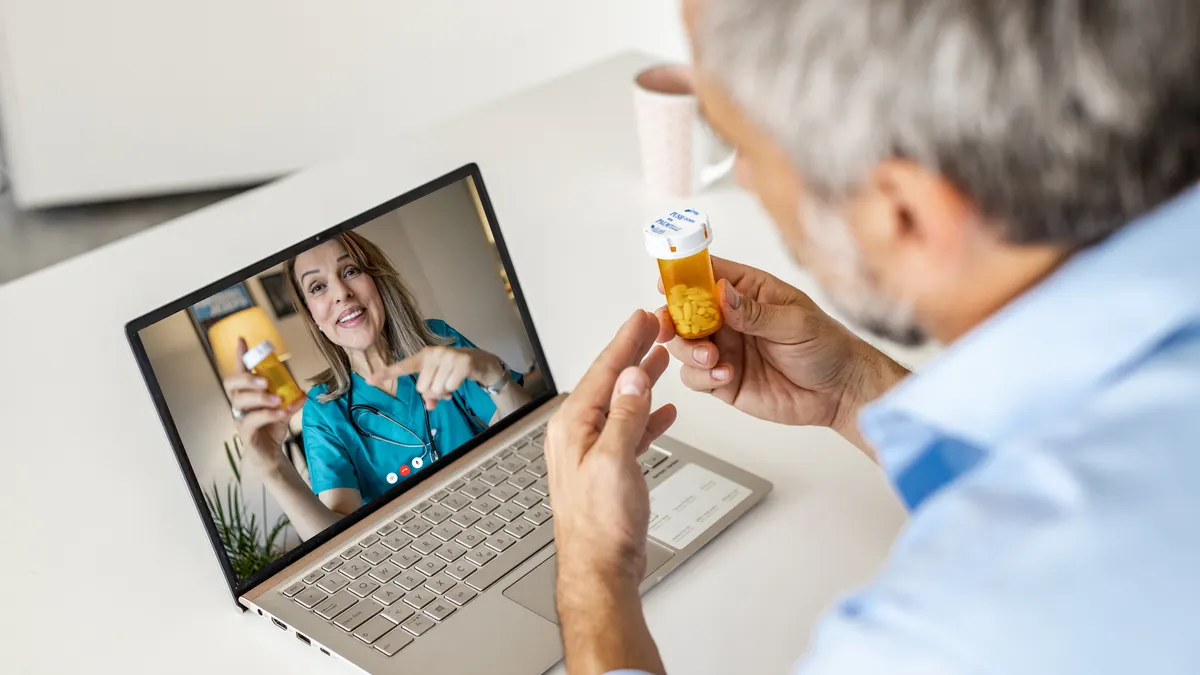Since its peak in 1991, cancer mortality in the U.S. has dropped 33%. Even so, the American Cancer Society reports that cancer incidence is on the rise, and new cases are expected to exceed two million in 2024 for the first time – a “bleak milestone,” it said. Although the number of cancer deaths has significantly dropped, nonadherence remains a problem, especially among people taking oral oncolytics.
We might assume the rate of adherence for people taking oral drugs would be high. After all, it’s much easier and more convenient to take a pill than receive infusions or intravenous medication. However, people taking oral cancer medications are actually reported to have lower adherence – as low as 16% – compared with infusion therapies.
The number of oral cancer medications is increasing and will continue to do so. This opens new possibilities in cancer care and improved convenience for patients and caregivers. However, oral medications also create the greater possibility of nonadherence. Providers are less able to monitor compliance since the patient is not going to the infusion center for treatment. Obstacles such as side effects, fears, cancer literacy, and health beliefs all affect a person’s ability to manage a complex illness on their own.
The benefits of oral treatments, as well as the drawbacks of nonadherence, provide convincing reasons to mitigate the nonadherence factors affecting each patient.
Improving adherence
People with cancer need a variety of supportive engagements to be adherent and manage side effects, fears, and questions at home. Patients need regular follow-ups from respectful, encouraging, informative, responsive, and consistent HCPs as part of their treatment journey. Motivated patients are more likely to have better adherence and outcomes.
Many leading pharma manufacturers are now providing patient engagement solutions utilizing professionals such as Clinical Nurse Educators (CNEs) and Nurse Navigators who provide consistent, holistic support for patients taking oncology medicines. These compassionate skilled nurses:
- Establish relationships with patients built on trust, cooperation, and respect
- Ensure patients are informed and knowledgeable about their diagnosis and treatment at the start and throughout the therapy journey
- Address emotional concerns like fear, stress, and feelings of hopelessness
- Supply digital tools to track medication, questions, and side effects
- Provide regular follow-ups to motivate patients and caregivers, counter forgetfulness, and correct any administration errors
- Identify support opportunities from friends, family, and advocacy organizations
- Provide feedback to patients’ healthcare providers
A complex therapeutic area like oncology – and the specialty medications needed to treat it – requires increased support due to significant barriers patients face when starting and managing these therapies. The roles of CNEs and Nurse Navigators are substantial in addressing adherence and outcomes. VMS patient and HCP education programs have shown impactful interventions by nurses in post-program survey results:
- 43% increase in HCP confidence to share oncology resources and support solutions with patients
- 192% increase in knowledge about oncology therapy
- 97% of HCPs rated the knowledge and expertise of the oncology Nurse Navigator as “excellent” or “very good”

The seriousness of cancer underscores the need for adherence. Adherence can lead to better treatment outcomes, longer life expectancy, a better quality of life, and reduced cancer mortality.











